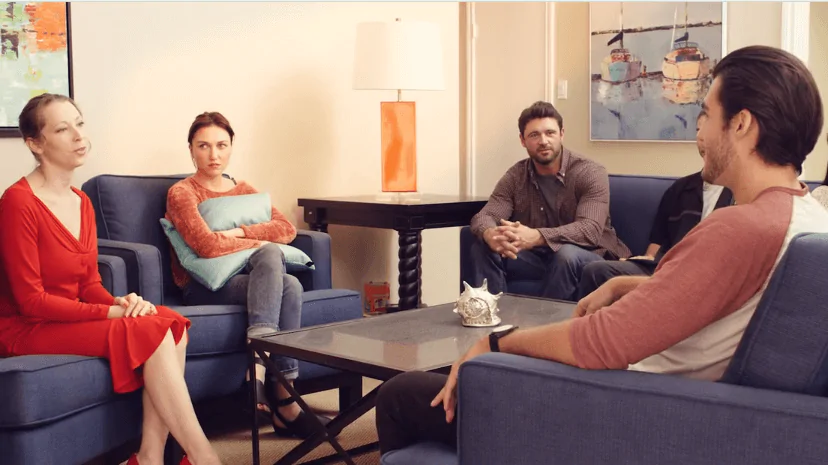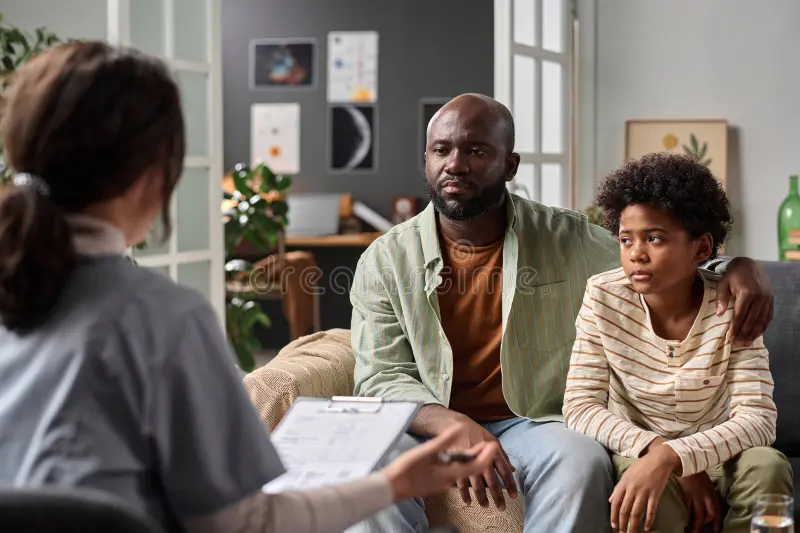24/7 Helpline:
(866) 899-221924/7 Helpline:
(866) 899-2219
Learn more about PTSD Treatment centers in Boone County

Other Insurance Options

Magellan

Sliding scale payment assistance

Horizon Healthcare Service

Group Health Incorporated

Amerigroup

WellPoint

EmblemHealth

Multiplan

Meritain

Aetna

Coventry Health Care

Choice Care Network

Health Choice

Highmark

Molina Healthcare

Lucent

Evernorth

Access to Recovery (ATR) Voucher

Magellan Health
Beacon



















































































